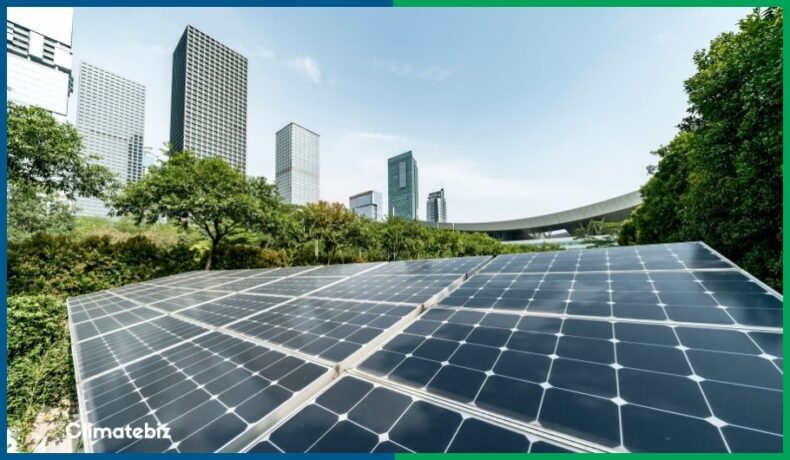Many myths surround solar panel usage and are often based on wildly inaccurate or out-of-date information, not on facts.
Unfortunately, these myths are compounded by various anti-renewable energy news outlets or websites that present cherrypicked or unrepresentative solar panel “facts”.
The reality is that solar panels are a reliable, predictable, and well-researched technology, having existed since the 1970s.
This article will clarify the myths surrounding solar panels and will lay out 20 solar panel facts.
Table of Contents
20 Solar Panel Facts
1. Solar Panels Do Work When It’s Cloudy
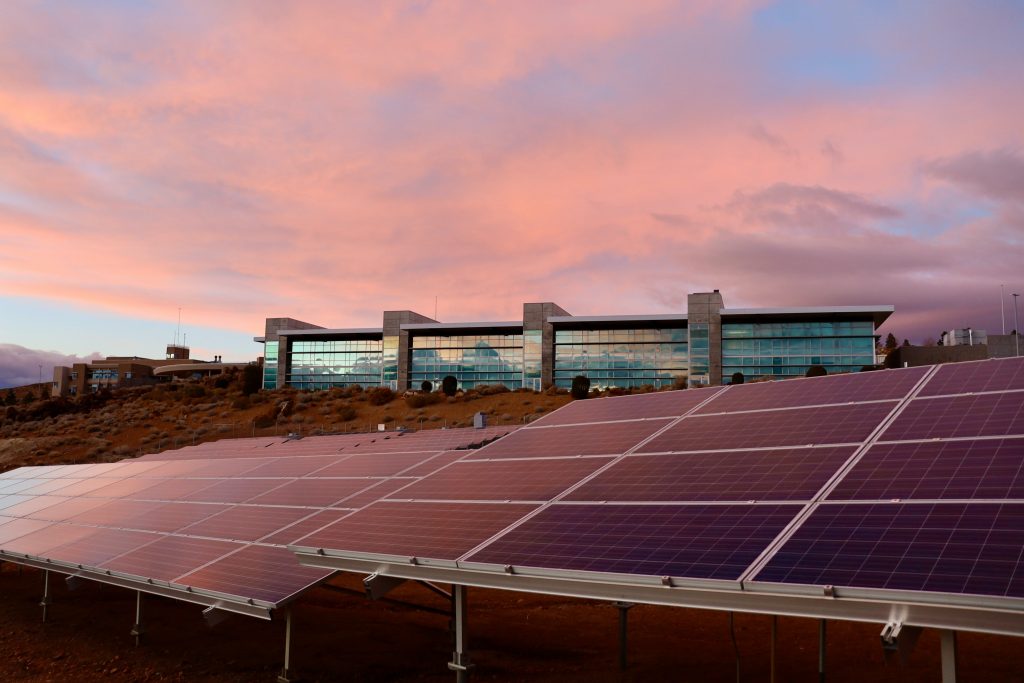
How many of you have fallen victim to the idea that sunscreen isn’t necessary during cloudy weather?
You see, the sun’s UV rays can still penetrate cloud cover. In fact, over 90% of UV rays can pass through light cloud cover, causing sunburn.
This diffuse sunlight allows solar panels to produce electricity under overcast conditions.
So, whether in Maine, or the north of Europe, solar panels still produce energy; the economic proposition of a particular location is much more important than whether the panel is in a hot and sunny place.
2. Solar Panels Last A Long Time
Solar panels come with a pretty long installation track record (since the 1990s and 2000s). This, coupled with the fact that most manufacturers nowadays sell their panels with 20-30 year warranties is proof that solar panels last a long time.
3. Solar Panels Make Sense Without Batteries
Even without batteries, solar panels can positively impact your household bills and the climate.
This is because solar panels still produce a substantial amount of electricity that (depending on your usage pattern) will impact your bill and consumption of dirtier grid electricity.
4. Solar Panels Can Be Recycled
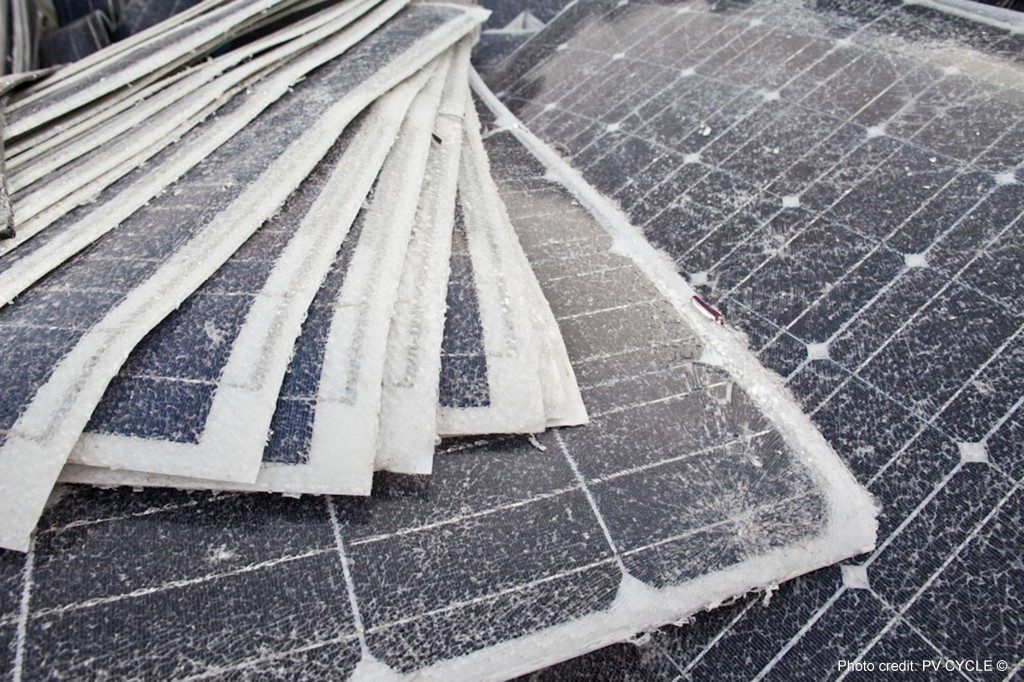
Source: PVCYCLE
The recycling of solar panels is widespread; you can refer to our guide for further details.
Solar panel recycling is widespread in the U.S. and Europe and has become a strategic priority for these regions to reduce their dependence on foreign supply chains.
5. Solar Panels Do Not Use Rare Earth Metals
Conventional silicon solar panels comprise around 90% of the world’s solar panels. They do not require rare earth materials since the primary materials are silicon, glass, aluminum, plastics, and a few other chemicals.
Thin-film solar panel cells do require rare earth metals. However, these solar panels comprise a small minority of global solar panel production.
6. Solar Panels Help People Receive Education
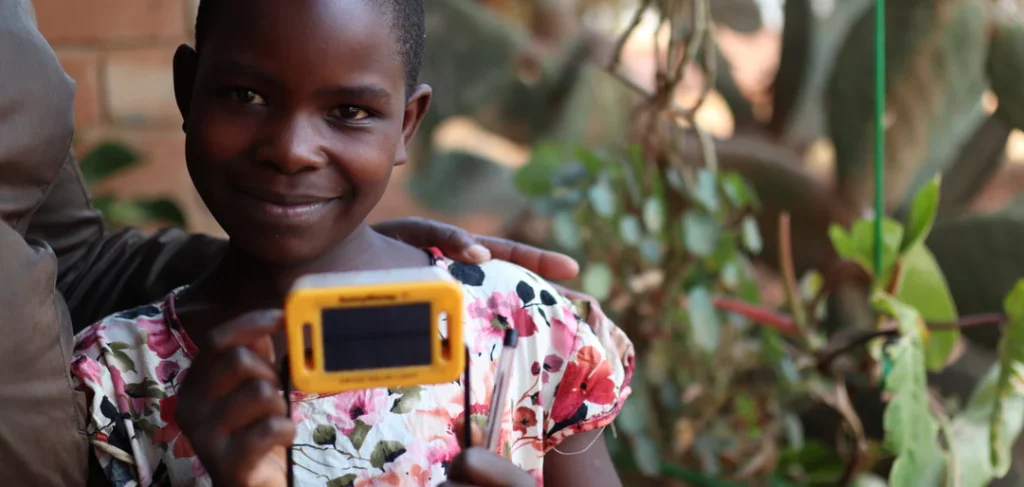
Source: SolarAid.org
Developing countries struggle to construct and operate centralized electrical grids. This has resulted in millions of individual solar schemes cropping up to act as alternatives (especially for farmers) in countries such as Cambodia and Botswana.
A good example is Solar Aid — a non-profit that has constructed a for-profit network of entrepreneurs across Africa who sell solar-powered lights. The lights allow children across thousands of villages in East Africa to read after dark and educate themselves.
7. Solar Panels Will Not Contaminate The Ground
Solar panels are not going to contaminate the ground on your property. The reason for this is that the components that conventional silicon solar cells are made of are non-toxic and do not leak in any meaningful sense.
For example, a solar panel’s aluminum will oxidize, but this oxide will not leach into the ground.
The truth is that solar panels, whether mounted on a house or a ground-mounted solar farm, are comprised chiefly of pretty ordinary building materials: glass, steel, aluminum, copper, and cabling.
8. Solar Panels Are Highly Reliable
Follow the money — institutional capital, i.e., billions of dollars in capital investment, much of it from risk-averse banks, is flowing towards solar projects.
These financiers only invest in solar projects because solar is a reliable and predictable energy source. The IEA forecasts that in 2022, $477 billion will be invested in renewable energy projects, of which half is an investment in solar energy.
The other less-known point is that the statistical variation in solar energy over a long period is relatively small. This means solar panel output variation is relatively small over a year or several years. This variation is typically less than 5%.
9. Solar Panels Are A Net Climate Positive
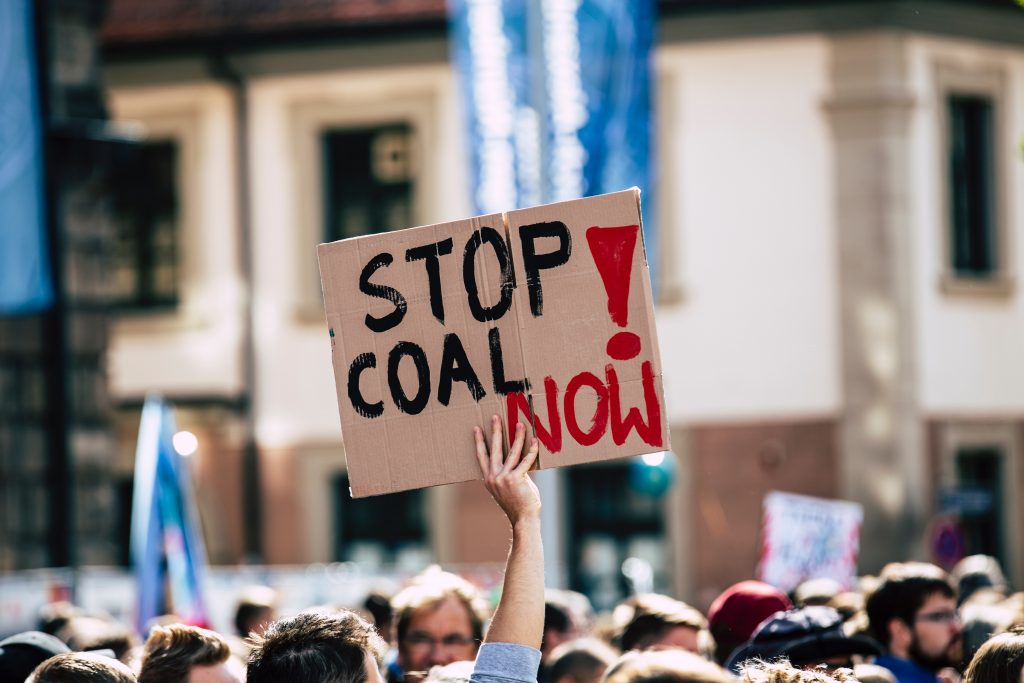
In terms of net lifetime carbon, solar panels are usually a net negative. The carbon generated by producing the panel is far outweighed by the lifetime carbon offset of the panel.
This offset is easily calculated and affected by the average carbon density of your national electrical grid. The dirtier the grid, the greater the offset.
10. Solar Panels Contribute To National Energy Independence
Global energy supply disruptions associated with COVID-19 and the conflict in Ukraine have exposed the fragility of international energy supply chains.
Solar panels contribute to national energy independence since they require zero fuel from any foreign country. Additionally, they will continue to function in the event of state or national emergencies or disruption to supply chains.
11. Solar Panels Can Be Installed At Zero Cost To You
Zero cost solar energy: sounds good? It’s also widely available — by arranging for solar installation under a leasing agreement.
Leasing means you do not own the panels but pay a monthly fee and benefit entirely from the energy they produce.
Many homeowners or business owners opt for leasing as an easy way to install solar panels. We have published an article to help guide you on this.
12. Solar Panel Efficiency Doesn’t Matter
Despite what the mainstream media states, solar panel efficiency is not the single most crucial feature of a solar panel. The reason is that while panel efficiency has improved, the cost per watt of panels has reduced drastically.
Cost is far more important since it means that the per unit energy output of a panel is cheaper when compared to the cost of grid electricity.
Compare this to riding a bicycle: a bicycle is far cheaper and more efficient than a motor car, but many people still opt for a motor car. This is because the motor car has many more features, allowing them to earn a higher income than solely owning a bicycle.
13. Solar Panels Are Getting Cheaper
Solar panels are cheaper than ever and are now around $2.50 per watt for residential systems. The average price per watt of solar panels has reduced dramatically since 2010 — by around 3x!
This drop in cost is global, depending on your country’s import tariffs.
14. Solar Panels Are Not Fragile
Fragile objects usually cannot survive outside for extended periods (Certainly not on a rooftop).
Solar panels can withstand hail and snow and cope with a certain amount of mechanical damage. Manufacturers still recommend treating solar panels with care. For example, installers should never walk over solar panels; this causes irreversible damage.
15. Solar Panels Are Electrifying the Developing World
Developing countries, by and large, struggle to amass and deploy capital to build their national infrastructure. This has often resulted in patchy and unreliable internet and electricity.
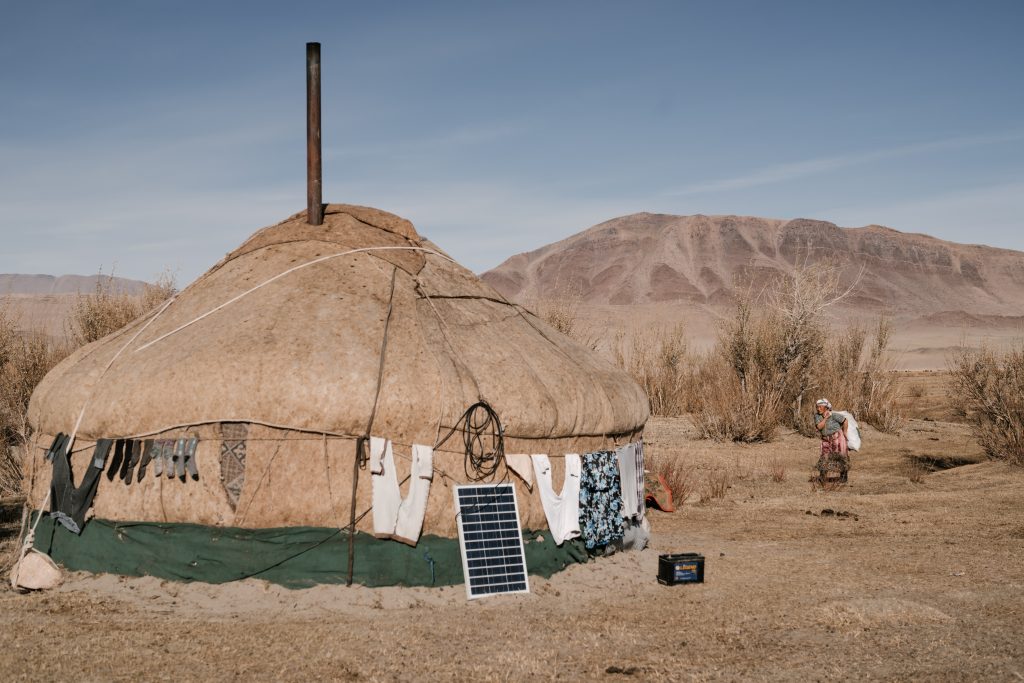
Small-scale solar systems in countries like India, Kenya, and Indonesia allow villages and farmers to benefit from electric lighting, cooking, and cell towers without relying on centrally planned and operated electricity grids.
16. Solar Panels Are Simple To Install
Solar panels are relatively simple to integrate into your home, especially if an installer has had a chance to survey your property and roof. Many simple, reliable, and effective roof fastening systems make the installation fast and safe for your home.
17. Solar Panels Do Not Produce Power During A Grid Outage
Usually, the software that controls solar systems will not allow them to produce power during a grid outage. If the system includes battery storage and the system engineer specifically designed it to operate during a grid outage, it will do so.
However, solar systems automatically switch off by default if the grid has an outage. If the system has batteries, the home will still have power.
18. Solar Panels Will Not Totally Reduce Your Energy Bill
Solar panels will reduce but will not totally eliminate your electricity bill. The reason is that there will usually be a mismatch between your energy time-of-use and the time of day that the system is producing energy.
19. Solar Panels Will Work During Winter
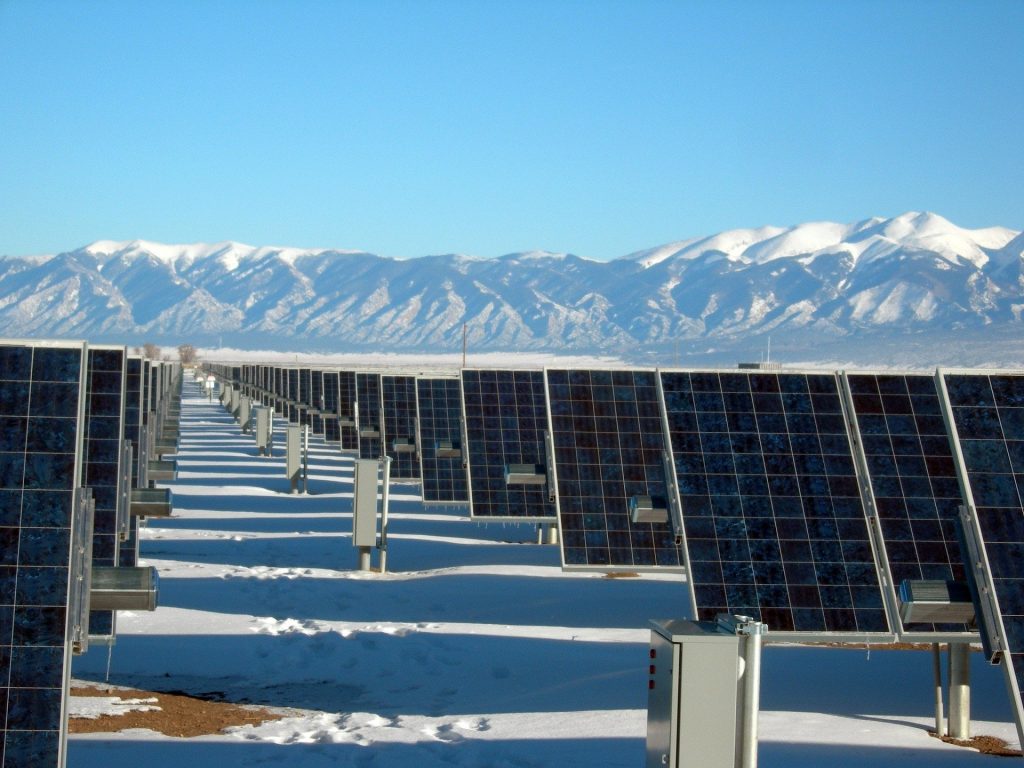
Solar panels will produce more energy in summer and less in winter. However, the difference is less than you might think.
Depending on your location, the summer to winter energy production ratio will range between 2 to 8 units in summer for every 1 unit in winter. Therefore, although less energy is produced in winter, the system is still active
20. Solar Panels Do Make A Difference To The Climate
Depending on where you live, your grid-supplied electricity is either more or less “dirty” — pollution and carbon are emitted as byproducts of producing this electricity.
When you install solar panels, you are displacing that grid-supplied electricity with a low carbon, low pollution alternative — solar energy.
Summary Of Solar Panel Facts
Our 20 solar panel facts are summarised below:
| 1. Solar Panels Do Work When It’s Cloudy | 11. Solar Panel Efficiency Doesn’t Matter |
| 2. Solar Panels Last A Long Time | 12. Solar Panels Are Getting Cheaper |
| 3. Solar Panels Make Sense Without Batteries | 13. Solar Panels Are Not Fragile |
| 4. Solar Panels Can Be Recycled | 14. Solar Panels Turn Off Home Buyers |
| 5. Solar Panels Help People Receive Education | 15. Solar Panels Are Electrifying The Developing World |
| 6. Solar Panels Will Not Contaminate The Ground | 16. Solar Panels Are Simple To Install |
| 7. Solar Panels Are Highly Reliable | 17. Solar Panels Do Not Produce Power During A Grid Outage |
| 8. Solar Panels Are A Net Climate Positive | 18. Solar Panels Will Not Totally Reduce Your Energy Bill |
| 9. Solar Panels Contribute To National Energy Independence | 19. Solar Panels Will Work During Winter |
| 10. Solar Panels Can Be Installed At Zero Cost | 20. Solar Panels Do Make A Difference To The Climate |
Final Thoughts
Since its invention in the 20th century, the humble solar photovoltaic cell has had a huge impact on the world. It is a revolutionary technology that is slowly changing our global energy patterns.
This article has presented 20 solar panel facts to help dispel myths that surround solar panels.

